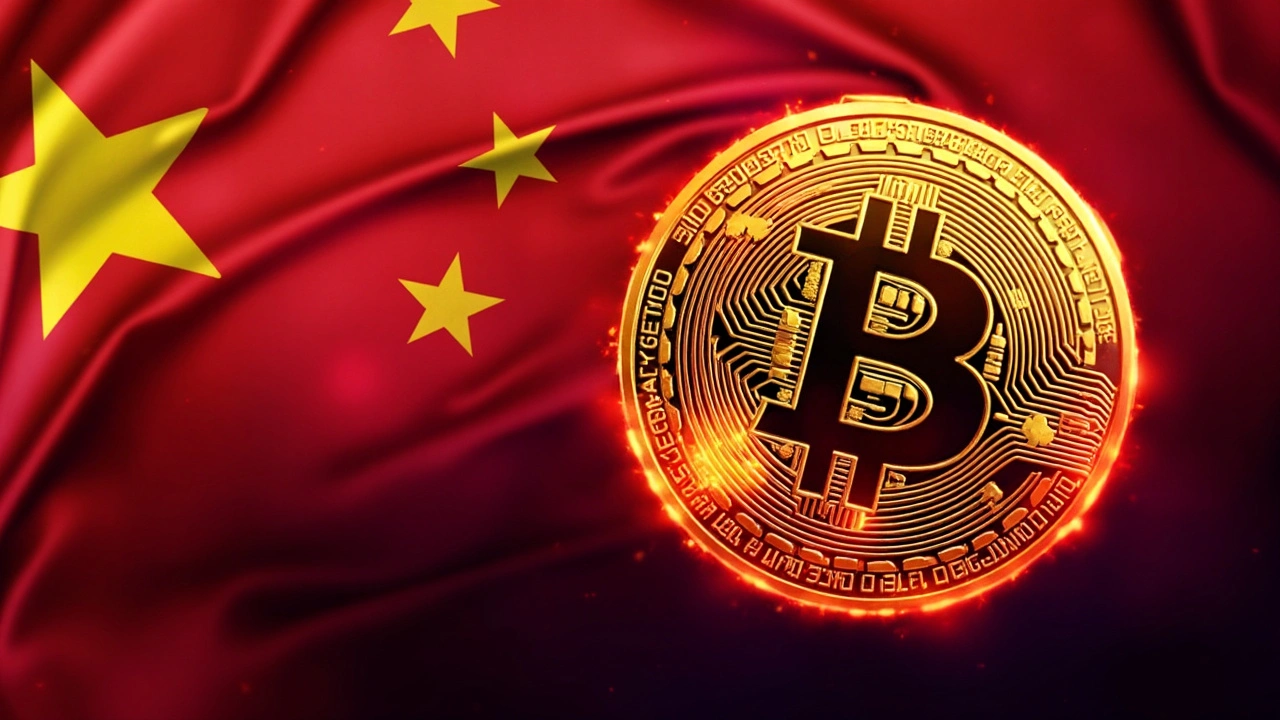Where Does China Stand on Cryptocurrency?
The world of digital finance never sits still, and nowhere is this more obvious than in China. Lately, a wave of rumors has rattled crypto traders and industry watchers: Is Beijing set to finally grant cryptocurrencies legal recognition? Or are more crackdowns on the way? With whispers about possible renewed bans circulating after a rocky June, Chinese authorities’ silence is only making things murkier for everyone trying to read the signals.
Despite all this noise, China hasn’t actually dropped any new official rules banning crypto for 2025. Still, it’s hard to ignore the country’s pattern: support for its homegrown digital yuan on one side, and tough oversight of decentralized cryptocurrencies like Bitcoin on the other. If you dig through recent court records in China, you’ll find that personal ownership of Bitcoin gets lip service legal protection. But don’t get too excited—regulators regularly clamp down on crypto exchanges, mining operations, and any attempts to sneak money offshore.
This policy zigzag is no accident. The government wants to be seen as a blockchain innovator but only on its own terms, and the digital yuan (e-CNY) is its centerpiece. As the world’s first major central bank digital currency, it’s Beijing’s tool for everything from clamping down on illegal capital outflows to increasing the global reach of the Chinese renminbi. The People’s Bank of China and the Cyberspace Administration haven’t unveiled any new playbooks recently, but you can bet they’re keeping a close eye on both crypto and its pesky side effects—like money laundering and capital flight.
Tug-of-War: Legal Gray Zones and Economic Uncertainty
China’s legal stance on cryptocurrencies holds a strange middle ground. While the courts say your Bitcoin is protected property, there’s zero official recognition—nothing in the books that spells out your rights as an owner or trader. With a revised anti-money laundering law teeing up for 2025, authorities look set to widen the dragnet. The new law aims at casting a broader net over crypto transactions, propping up the digital yuan’s dominance and putting more pressure on private crypto holders and platforms.
And the timing here is no coincidence. China’s economic growth has slowed, making officials jittery about possible capital flight—especially through the liquid, hard-to-trace world of cryptocurrencies. There’s talk that the government might unload seized crypto holdings to manage finances or steady the markets, which only adds another layer of uncertainty.
Watching from across the sea, South Korea is playing an entirely different game. Its new government leans pro-crypto, rolling out regulations that lure blockchain startups—and their wallets—away from China. With this kind of regional competition, China’s once-dominant crypto industry is being forced to adapt, and many entrepreneurs are voting with their feet.
So, what does all this add up to? Right now, China sits at a crossroads. The government wants the benefits of digital finance and blockchain without giving up control or risking financial stability. Until clear rules emerge, expect further swings in policy—sometimes relaxed, sometimes harsh, and always keeping the market guessing.






